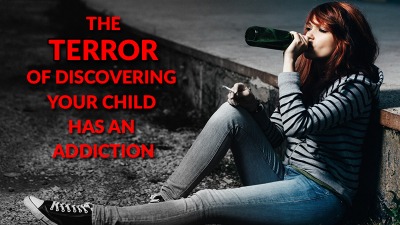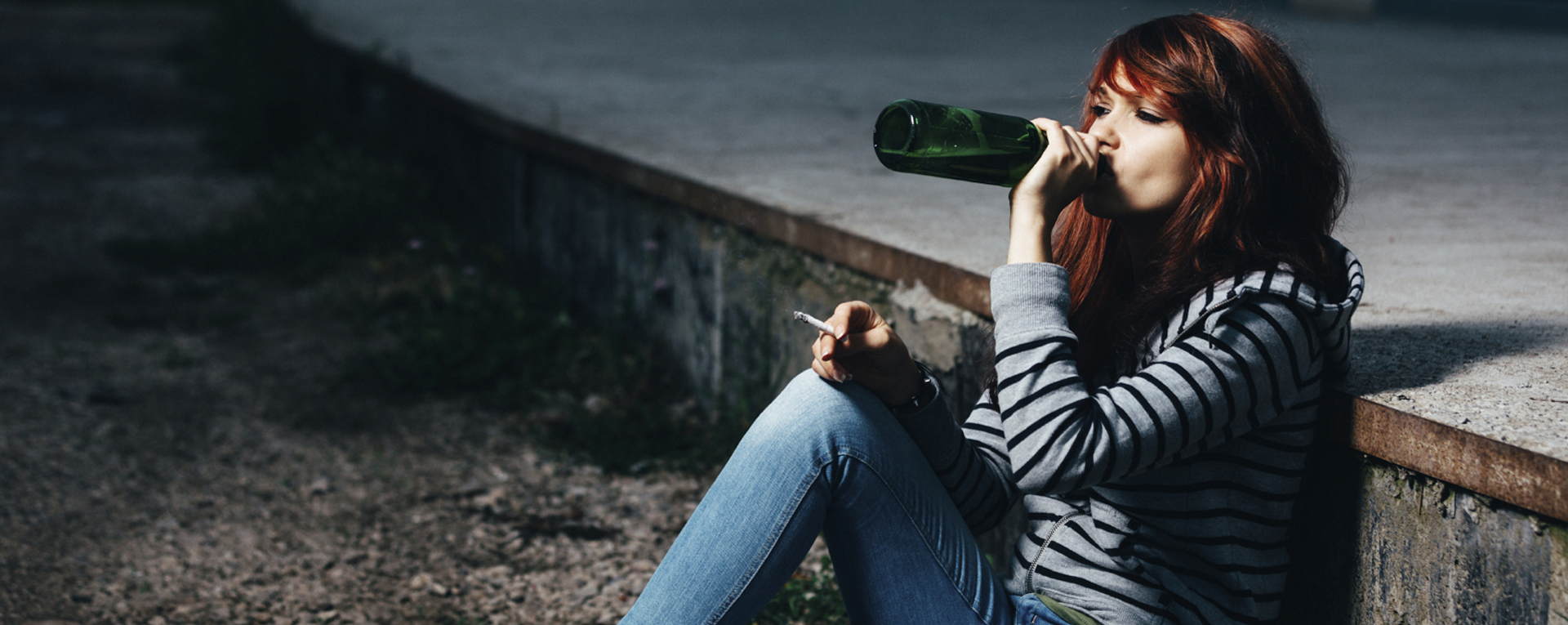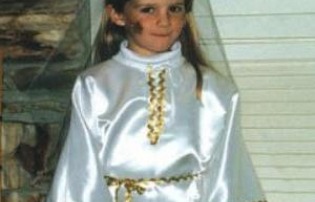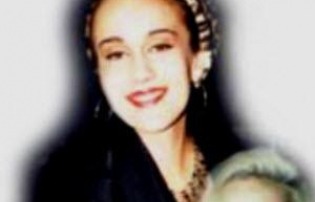
“We’re airlifting your daughter to shock trauma”, said the paramedic on the phone. “Is she going to be OK?” I asked, barely able to speak. “There’s a lot of blood” was the response and the line went dead.
Up until that moment, it had been a wonderful Sunday afternoon. My 20-year-old daughter and I had been working side by side in the kitchen, laughing and telling stories, while we prepared for a dinner party that evening. At the last moment, Karina had decided to make a chocolate cake, and she’d borrowed my car to run to the grocery store a few miles away.
Thirty minutes later, the paramedic called. After a harrowing drive to the hospital, we learned that Karina was going to fully recover. But we also learned her blood alcohol level was 0.38, an almost lethal level. What??? In the short time between leaving our kitchen and taking a hairpin turn at high speed, Karina had driven to the liquor store and guzzled enough vodka to almost kill her.
There had certainly been warning signs that Karina had a problem. There had been some poor grades and a missed college final. There was the Christmas dinner when I realized she had drunk at least five glasses of wine without showing any effects. And the most disturbing was a tearful call from her sister, away at the same college, saying that Karina seemed to be drinking a lot and smelled like alcohol in the middle of the day.
My husband and I had had several serious discussions with Karina about her drinking, and even hauled her off to a psychologist who assured us that “everyone drinks at college” and she would be fine. So we went on with our lives, unsure what more we could do, and hoping this was just a phase.
That night at the hospital, the wishful thinking ending. Karina was not fine. My beautiful daughter, who I loved more than life itself, was an alcoholic who drank to lethal levels on a regular basis.
And so began six years of hell, trying to help Karina find the tools and willpower she needed to battle this terrible disease. There were multiple rehabs, Intensive Outpatient Programs, and half-way homes, more car accidents and trips to the emergency room, and a DUI. During a lot of this time, Karina seemed to be doing OK. During other periods, I lived in terror of a phone call telling me she was dead.
I am deeply grateful that our story, for now at least, has a happy ending. Karina has succeeded in turning her life around and recently celebrated two years of sobriety. She has a job she enjoys and lots of supportive friends. Most incredibly of all, she’s now the loving mother of an adorable baby girl, somehow finding the time to make her own baby food and wash cloth diapers.
But what I remember most about these years was being thrown into a terrifying world where the stakes were life and death, finding the right treatment center was a crap shoot, and you didn’t know who to trust. The sad truth is that a lot of the treatment industry operates in the shadows, with leads on patients being sold to the highest bidder and very weak professional certification standards for addiction counselors. A concerned parent is asked to shell out tens of thousands of dollars on the basis of a phone call with someone who sounds nice on the phone, but can provide no data to back up their claim that their center is better than the rest. And there are lots of horror stories, like the addiction counselor at her intensive out-patient treatment program who offered to take Karina out to get drunk.
My hope in founding Conquer Addiction is that parents who find themselves in this scary world can band together to help each other while motivating the treatment industry to act like medical professionals by tracking and reporting their success rates. If you are extremely worried about the drinking or drug use of your child, spouse, or other loved one, please sign up to receive our research-based emails every other week.







